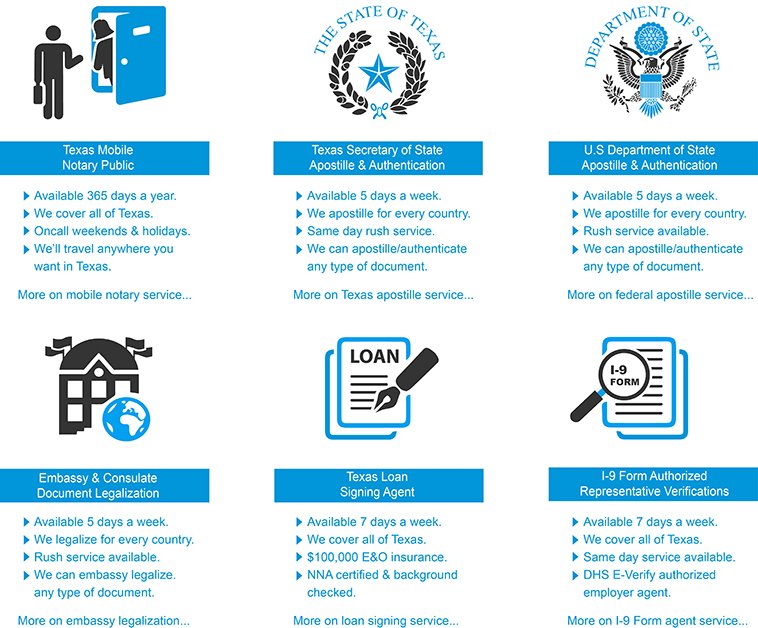Browsing DIRCO Needs: Conformity and Diplomatic Relations
Browsing DIRCO Needs: Conformity and Diplomatic Relations
Blog Article
Demystifying Notarial Work: Simplifying the Duty and Importance of Notaries
Their role, typically shrouded in secret for numerous, lugs considerable weight in making sure the legitimacy and integrity of important files. By unwinding the complexities surrounding notarial practices and losing light on the relevance of their acts, a clearer understanding arises of the essential function notaries play in supporting the textile of legal and lawful arrangements.
The History of Notarial Work
The background of notarial work days back to old people, where scribes played a crucial function in videotaping essential info and validating records. This led to the development of notaries, individuals designated by the state to act as neutral witnesses in legal matters.
Throughout the Middle Ages, notaries gained importance in Europe, with their functions broadening to include composing legal papers, licensing trademarks, and preserving records. The increase of worldwide trade additionally highlighted the relevance of notarial work in verifying agreements and agreements across borders.
In the contemporary era, notaries remain to play a crucial duty in lawful and service transactions by verifying identities, confirming the credibility of documents, and avoiding fraud. Their role in licensing the validity of agreements adds a layer of safety and trust fund to the ever-evolving landscape of commerce and law.

Duties and Obligations of Notaries
Notaries play an essential role in confirming the credibility of files and the identification of signatories. One of their main responsibilities is to witness the signing of vital files, such as actions, agreements, and wills, to make certain that all parties are entering right into agreements intentionally and voluntarily.
In addition, notaries are entrusted with providing affirmations and oaths, which are important in lawful process and the execution of affidavits. They accredit copies of initial records, giving assurance to organizations that the duplicates hold true replicas of the originals. Notaries need to keep exact documents of all purchases they supervise to guarantee openness and responsibility. In general, the tasks and duties of notaries are essential in safeguarding the honesty and legality of various documents and purchases.
Notarial Certificates and Signatures
Exemplifying meticulous focus to detail, notarial certificates and trademarks serve as vital components in confirming the credibility of legal files. Notarial certifications normally contain vital info such as the date of registration, the names of the notaries, a description of the record, and the notary's official seal. These certificates offer a clear record of the notarial act, ensuring that the paper can be easily recognized and mapped back to the notary who looked after the process.
Trademarks play an essential role in notarial job, as they represent the arrangement and authorization of the celebrations involved. Notaries thoroughly witness the signing of documents to validate the identification of the signatories Notary and validate that they are authorizing of their very own free will. By attaching their main seal and trademark to the paper, notaries certify that the required treatments have been followed which the paper is enforceable and legitimate.
Essentially, notarial certificates and trademarks are the trademark of credibility in lawful deals, supplying guarantee to all events entailed that the papers are legitimate and binding.
Relevance of Notarial Acts

Notarization Refine Clarified
Clarifying the registration process gives clearness on the vital steps associated with validating lawful papers. The notarization process commonly begins with the specific providing the record to a notary public. The notary then confirms the signer's identification through acceptable identification approaches. Once the identity is verified, the notary guarantees that the specific signing the record does so willingly and with no browbeating.

Final Thought

Notarial certifications commonly consist of critical information such as the date of notarization, the names of the notaries, a summary of the file, and the notary's main seal. These certifications supply a clear document of the notarial act, ensuring that the paper can be conveniently identified and mapped back to the notary that oversaw the procedure.
By fastening their main seal and trademark to the file, notaries accredit that the necessary procedures have been adhered to and that the document is enforceable and legitimate.
By verifying the identity of the signatures, confirming their determination to enter into the agreement, and licensing the date and place of the finalizing, notaries play a crucial duty in upholding the validity of lawful documents.After the file is signed, the notary will certainly affix their main seal or stamp onto the file.
Report this page